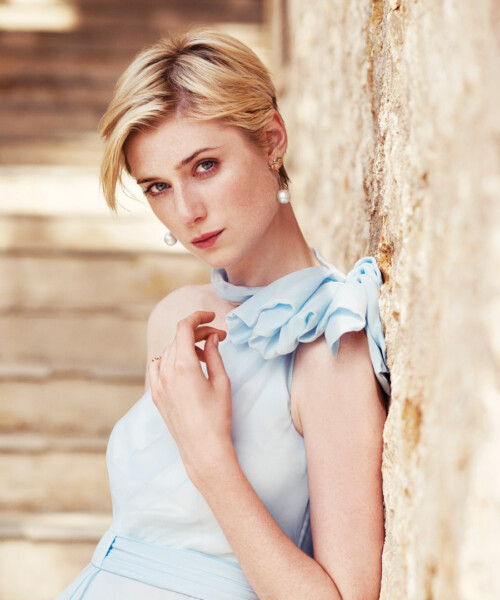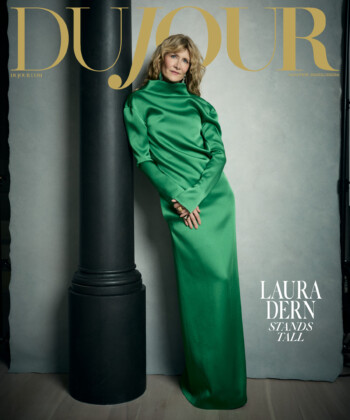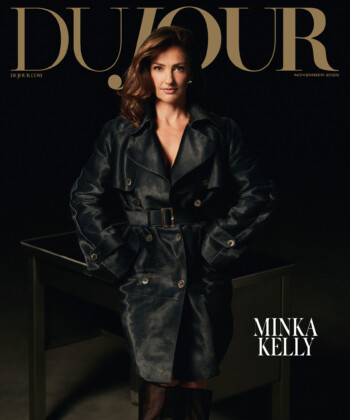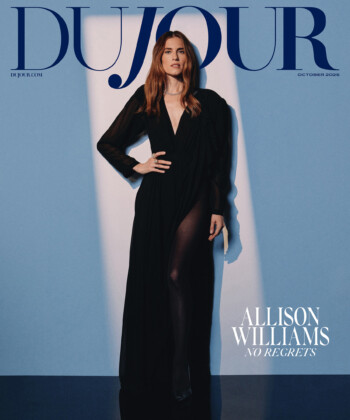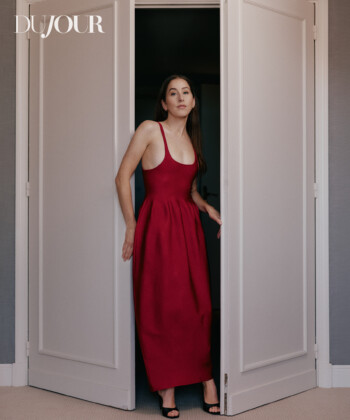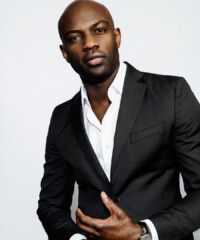Jed Marshall is a complicated woman. When we first meet her, in the pilot episode of The Night Manager, premiering this week on AMC, she’s the cool blonde companion of Hugh Laurie’s Richard Roper, a jet-setting and law-breaking mogul, who’s arrived in Switzerland to make some very dastardly deals. But to hear Elizabeth Debicki tell it, there’s more to Jed than meets the eye. And that’s not surprising considering Manager is a twisting, thrilling new series based on a novel by John le Carré that follows a former soldier named Jonathan Pine whose work as a manager in high-end hotels makes him the perfect candidate to moonlight as a secret agent. Here, Debicki talks about the series, keeping secrets and her own prospects in spy craft.
The Night Manager is based on a novel by John le Carré, who does spy books better than anyone. Were you a fan before signing onto the series?
I certainly wouldn’t consider myself knowledgeable at all regarding le Carré books. I’ve seen movie adaptions of his books, I’ve read The Constant Gardener, but I had never read this book and I had never plowed through le Carré’s works—unlike someone like Hugh [Laurie], who is an absolute well of knowledge on le Carré and who has been passionate about this book since it came out in 1993. So, I felt completely green when it came to Le Carré, but I’ve always been fascinated by that genre of writing and by those films. I wouldn’t say it’s my go-to genre, but it is becoming more so.
It’s the sort of story that, even if you’re not familiar, feels somehow recognizable.
I completely agree. The other thing that I think is remarkable about le Carré is that his characters are so human. I think that’s the thing that people are responding to when they watch the show, is that it honors the genre and all the stereotypes that you want to see in a le Carré adaptation. But, tonally I think it’s quite different. I think it’s very human, and I think that what [director] Susanne Bier has done is penetrate the underbelly of that genre and really dig around to find the very human essence that’s in le Carré. I think that the way that Susanne has made this is so that you feel as an audience all these kind of secrets and these deep human thoughts that you shouldn’t be seeing.
When we first meet Jed, she seems to be the walking embodiment of the well-kept girlfriend of an international business tycoon and arms dealer. What about her struck you?
I found her really intriguing the whole way through. She’s really an enigma; she certainly read like that on the page. What I loved about her was she’s a beautiful mess, in the sense that she’s very relatable—she’s quite inconsistent, she’s made a lot of mistakes and she has a lot of regret about them. She’s trying her best to survive those choices. When I read her I was sort of fascinated by this idea of whether she’s happy and what concessions she made to allow herself to be at peace with those decisions. That’s her complexity in a way, and that’s what I found really intriguing about her.
And what’s in store for her over the course of the series?
She’s a survivor, so how she survives is by creating personas that are quite carefully crafted and then playing them to whatever scenario she needs to survive in. She’s running from her real life, which is very different from the glamour of this life. She grew up without money, and had a child, and didn’t feel that she could be a mother so she left her child behind, and that caused her a lot of pain and grief. So, she’s wrestling with those demons and then Jonathan Pine is introduced into life and throws everything into flux, and turns the whole thing upside down. I suppose the story of Jed is the dismantling of her very carefully crafted world.
Having made this series, could you see for yourself a career in international espionage?
My immediate response is no, I don’t think I would be a good spy. I might be good at completing one tiny task, because I can be quite stubborn. I don’t think I would be good, but until push comes to shove, you never know.


























